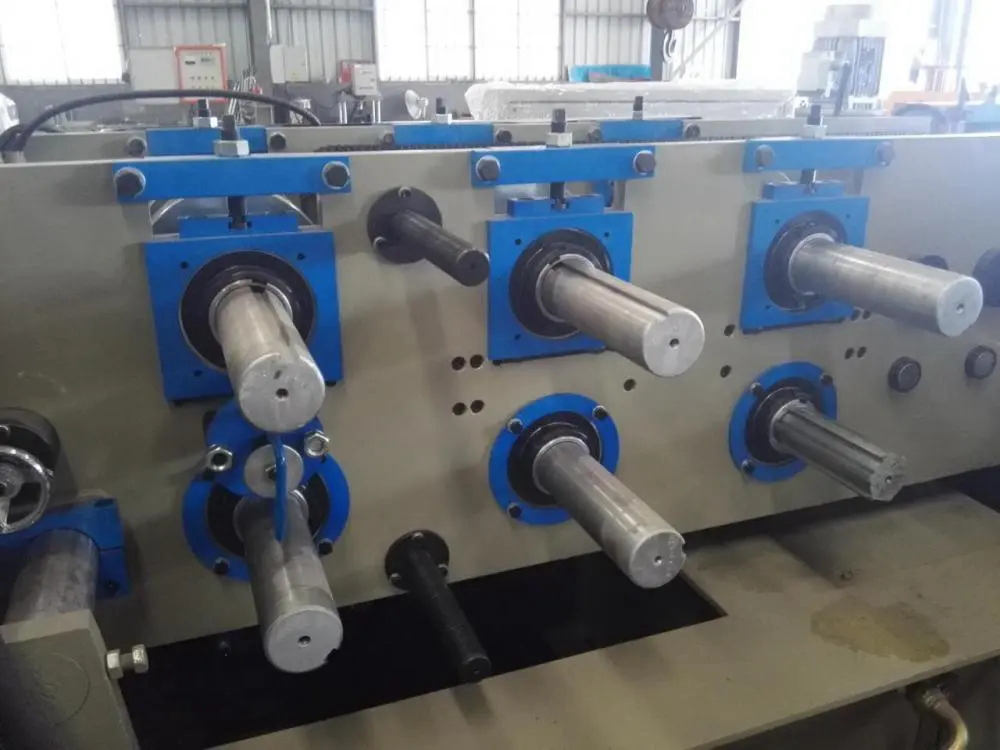
The Evolution and Significance of Tile Making Machines
Tile making machines have revolutionized the construction and design industries by providing efficient, precise, and consistent production of tiles. With their ability to manufacture everything from basic ceramic tiles to intricate decorative designs, these machines are essential for manufacturers aiming to meet the ever-growing demand for quality flooring and wall coverings.
Historically, the production of tiles involved labor-intensive processes that required skilled artisans. This manual method, while creative and flexible, was often inconsistent in terms of quality and throughput. As global construction and interior design markets expanded in the 20th century, the need for a reliable, efficient, and scalable solution became increasingly apparent. This led to the innovation of various tile making machines, which can produce large quantities of tiles with precision and minimal human intervention.
Modern tile making machines utilize advanced technologies, including robotics and computer numerical control (CNC), to enhance efficiency and accuracy. These machines are capable of mixing raw materials, shaping tiles, and applying glazes all in a single continuous process. The automation reduces the risk of human error, ensuring that every tile produced meets the stringent quality standards expected in today's market.
There are several types of tile making machines available, each designed to cater to specific needs. For instance, extrusion machines are widely used for producing floor tiles and wall tiles. These machines push a paste-like mixture of raw materials through a mold to create tiles of different sizes and shapes. On the other hand, pressing machines apply significant pressure to compact raw materials into dense tiles, which is crucial for achieving desired hardness and durability.

In addition to efficiency and precision, tile making machines also contribute significantly to sustainability efforts. Many manufacturers are now integrating eco-friendly practices into their production processes. For instance, some machines are designed to recycle water used in the tile production process, minimizing waste. Furthermore, advancements in technology have led to the development of tiles made from reclaimed materials, reducing the environmental impact of manufacturing.
The versatility of tile making machines extends beyond traditional ceramic tiles. With the rise of new materials such as porcelain, glass, and even natural stone, manufacturers are leveraging these machines to produce a wider variety of tiles. This diversification allows designers and architects to experiment with different aesthetics and functionalities in their projects. For instance, textured or patterned tiles can be produced to enhance visual appeal and provide slip resistance in various settings, including bathrooms and outdoor spaces.
Moreover, tile making machines have opened doors to customization in the interior design industry. With the implementation of digital printing technologies, manufacturers can create bespoke designs tailored to the specific tastes and requirements of their clients. This capability has transformed the way tiles are perceived—not just as a construction material, but as a medium for artistic expression.
As the demand for tiles continues to grow, especially in developing regions, tile making machines are becoming increasingly essential. The construction of new residential and commercial projects fuels the need for efficient production methods to keep pace with market expectations. Therefore, investing in advanced tile making machinery is not just a smart business decision—it's a necessity for remaining competitive in a rapidly evolving industry.
In conclusion, the advent of tile making machines has marked a significant turning point in the tile manufacturing processes. Through automation, sustainability, and customization, these machines not only enhance productivity but also support the creative aspirations of designers and architects. As technology continues to evolve, the future of tile production looks promising, with endless possibilities for innovation and artistic expression in the realm of interior design. The tireless advancement of tile making machinery signifies that, while tiles serve functional purposes, they also hold the capacity to embody culture, artistry, and creativity in our built environment.